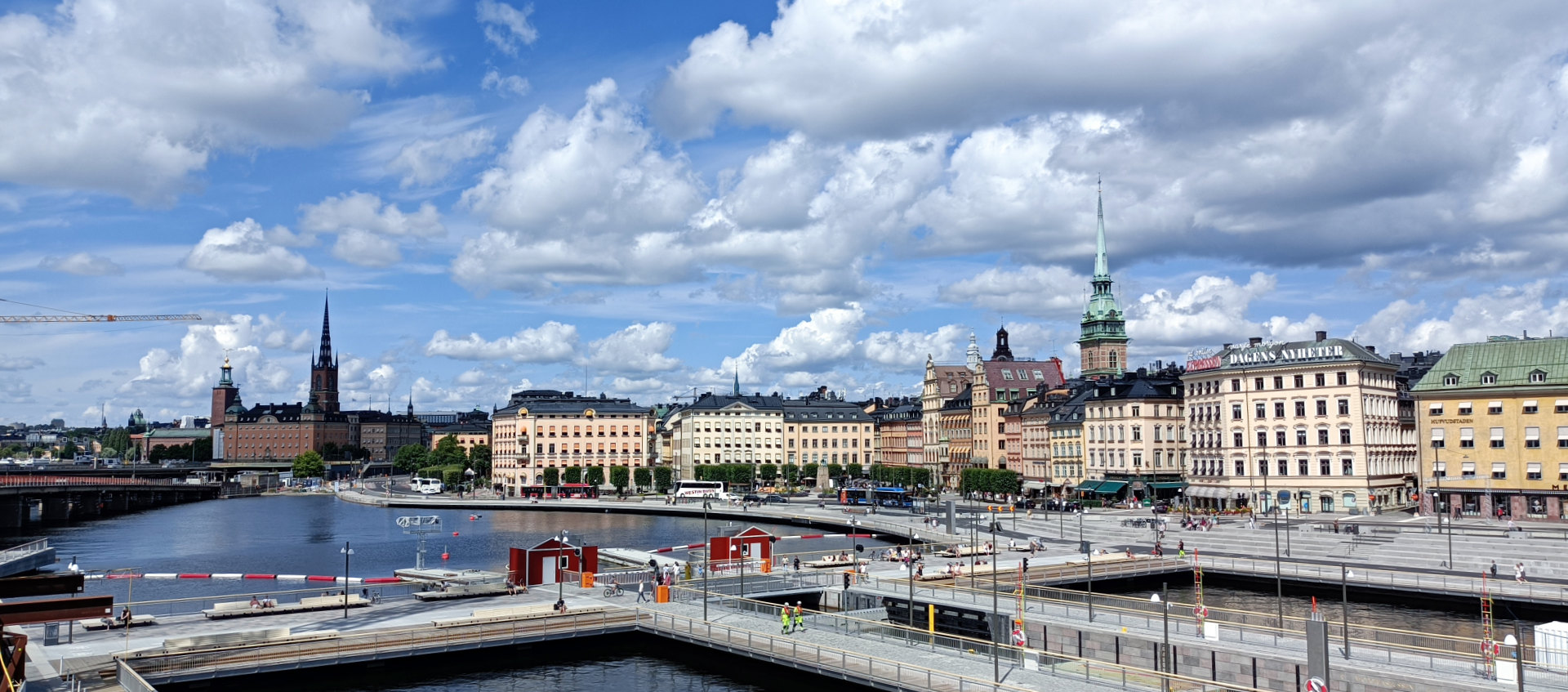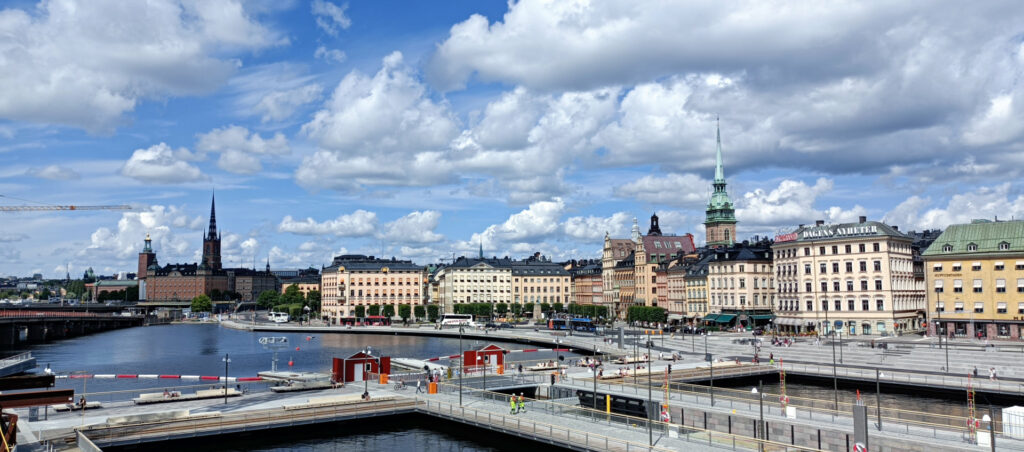My visits to Sweden have been few and far apart, since it is quite a distance to travel from New Zealand: summer 2002, autumn 2003, winter 2010, and summer 2024. There are many interesting observations one can make with so many years in between, seeing how society has changed with brief snapshots from each visit, […]
Read More… from From The Lord of the Rings to Border Patrol: how Sweden sees us

